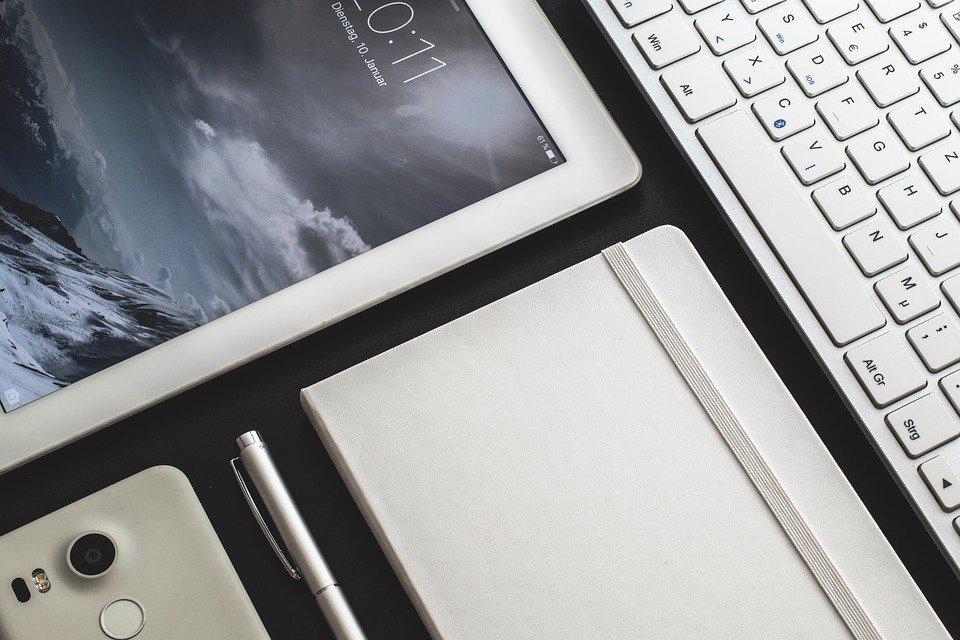
It’s become increasingly common to see a Townsend Harris student pull out an iPad in lieu of a notebook in class. For the past several years, tablets have been quickly replacing the traditional paper-and-pencil way of note taking. Tablets are gaining momentum in the classroom due to their many benefits: they are more versatile, offer access to a limitless array of information, are eco-friendly and efficient, and are physically compact and easy to carry.
The lightweight quality of the iPad seems to be one of its most compelling factors. Junior Benjamin An said, “The largest benefit [of iPad use] is taking weight off your shoulders, literally. Students are relieved of the necessity to carry around multiple notebooks and binders.” He also explained how tablets help students become more creative with their work and make studying sessions enjoyable: “The tablet provides resources that make note-taking more concise and appealing, making school work more fun by catering to the specific creative needs of the student. The tablet’s access to the internet provides many tools that make studying much more simple since difficult concepts can be elaborated upon quickly.”
Using a tablet also helps students to better understand academic material. The quick, instant nature of the device helps students to take notes faster, giving more time to analyze and absorb information. Junior Riya Sapkal said, “A teacher will have something on the board that they want us to copy down, but I can just take a picture and put it in my notes, while everyone’s still writing it. It gives me an extra second to really read what’s on the board instead of just copying it down; it helps me understand the topic more.”
However, despite these advantages, there are some benefits limited exclusively to traditional note-taking. For example, students who take notes by hand are not dependent on the battery life of iPads or laptops. To ensure that they can efficiently take notes for each class spanning 50 minutes over a 7-hour school day, students with tablets must charge them each night or risk their “notebooks” losing power in the middle of a lesson.
Moreover, the act of writing words and terms out is important for in-depth understanding and comprehension. Modern Language teacher Paola Sierra said, “I think in general with all subjects writing is better, and I know that, for instance, Mr. Amanna allows tablets but you can only use a stylus which resembles the act of writing, so that’s a good way of using the tablet with languages. With all subjects, writing is important, with spelling and accent marks.”
Additionally, while tablets may help to stimulate creativity, they can also distract students and encourage procrastination; it’s quite tempting to open up a new tab during a monotonous lesson or scroll through social media. “Students have other windows, tabs up, chats, messaging, social media, it’s a whole mess,” said Ms. Sierra. “You think that multitasking is okay, but it never really is. It’s best to devote yourself to a task 100% in order for it to even turn out to be a good product.”



























